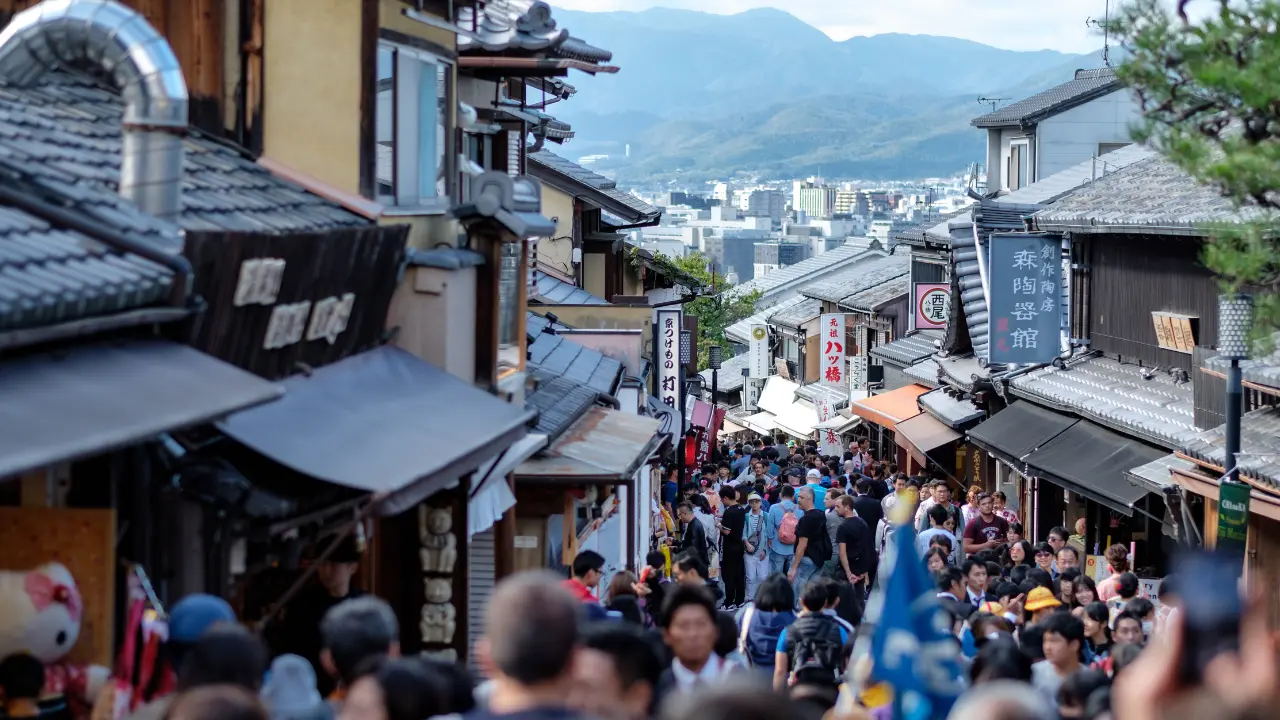
In a move to tackle the mounting challenges of overtourism, the Japanese government has given Kyoto the go-ahead to drastically increase its accommodation tax.
The change will result in a tenfold increase in the maximum levy that visitors to the city will have to pay.
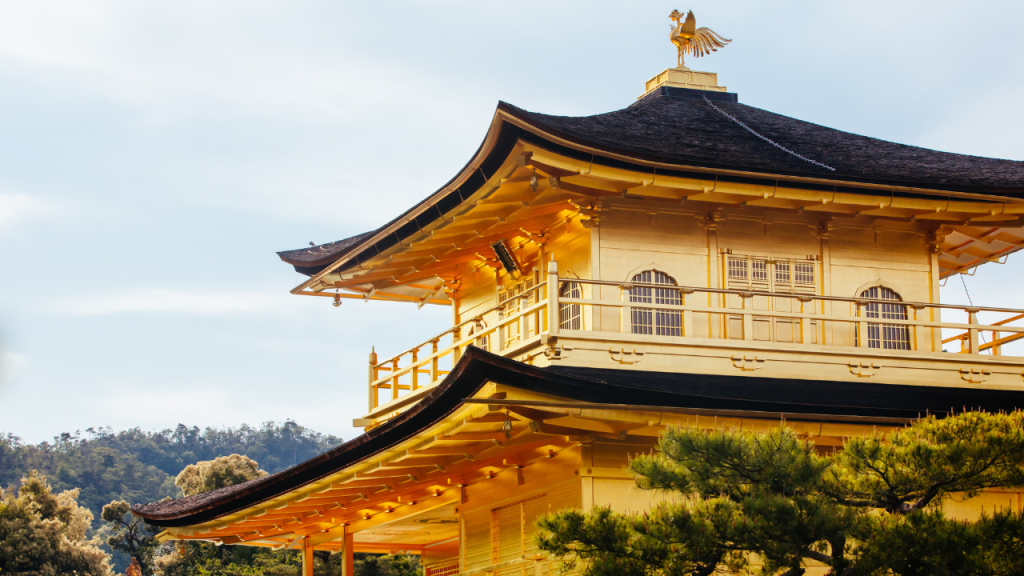
Starting from the 1st of March, 2026, visitors staying in the historic city will face a per-person, per-night tax of up to 10,000 yen (approximately $68.3 USD), up from the current top rate of 1,000 yen.
The new tiered tax structure was approved by the city government earlier this year and has now been approved at the national level by Japan’s Minister of Internal Affairs and Communications, who agreed to the proposals on the 3rd of October.
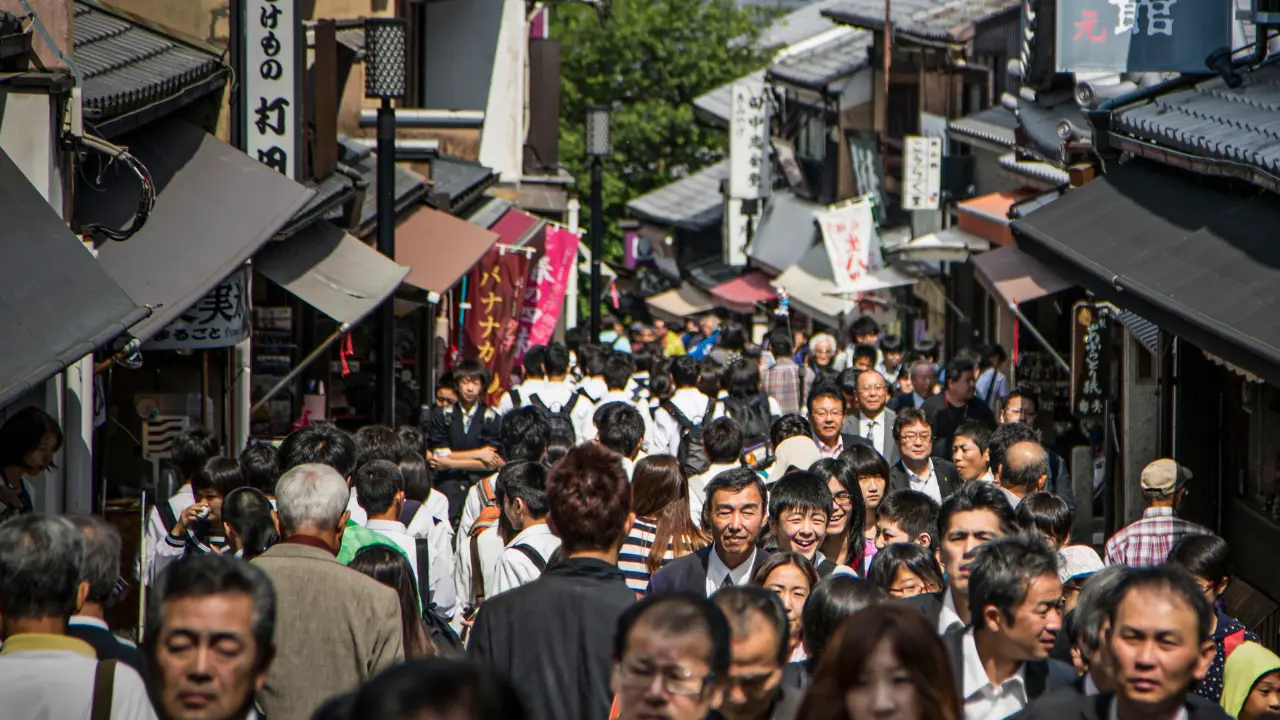
The increase is the first to take place since the city’s accommodation levy was first introduced in October 2018.
Ministry officials have confirmed that the revised 10,000 yen maximum tax will be the highest accommodation tax in the nation.
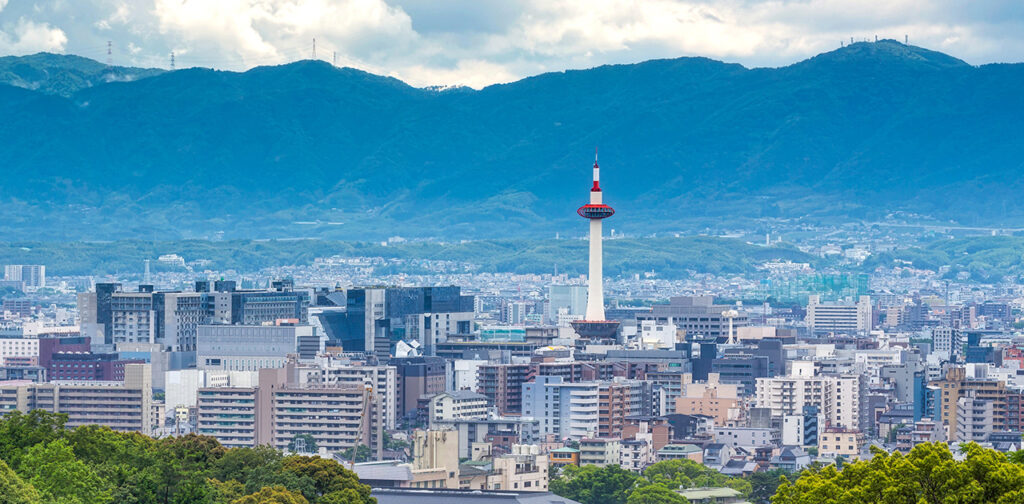
The increase is explicitly aimed at generating revenue to fund countermeasures against overtourism, a problem that has strained local infrastructure, including overcrowded municipal buses and congestion at popular street scenes and historic sites.
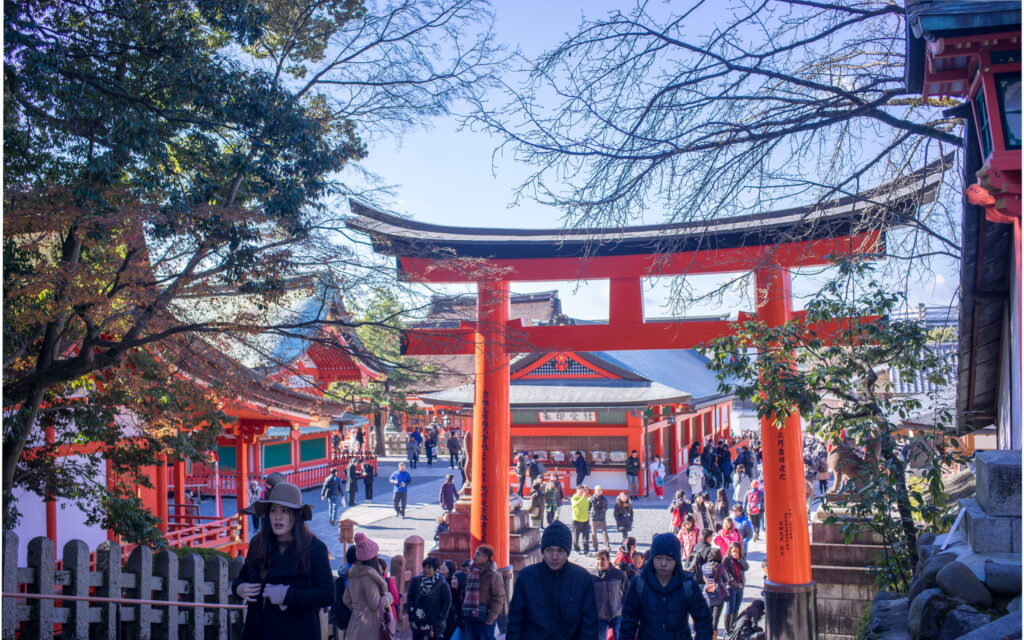
Kyoto city officials had submitted the proposal in March, asserting that tourists must share the financial burden of mitigating the negative impacts of mass tourism on the city and its residents.
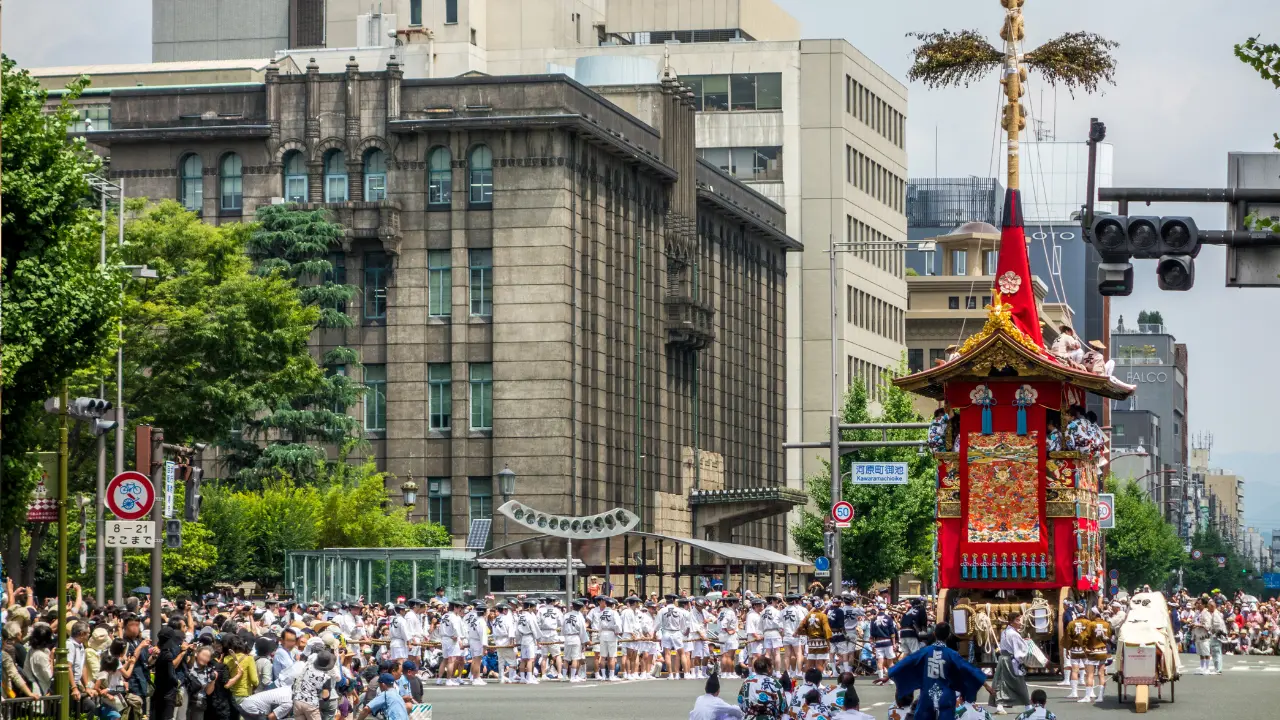
The progressive tax system is structured based on the nightly price of accommodation per person:
For stays under 6,000 yen: The tax will remain at the current rate of 200 yen.
For stays from 6,000 yen to less than 20,000 yen: The tax will increase from 200 yen to 400 yen.
For stays from 20,000 yen to less than 50,000 yen: The tax will increase from 500 yen to 1,000 yen.
For stays from 50,000 yen to less than 100,000 yen: The tax will jump from 1,000 yen to 4,000 yen.
For stays costing 100,000 yen or more: The levy will increase from 1,000 yen to the new maximum of 10,000 yen.
Students on school excursions and their chaperones will continue to be exempt from the tax, in line with the existing accommodation levy rules.
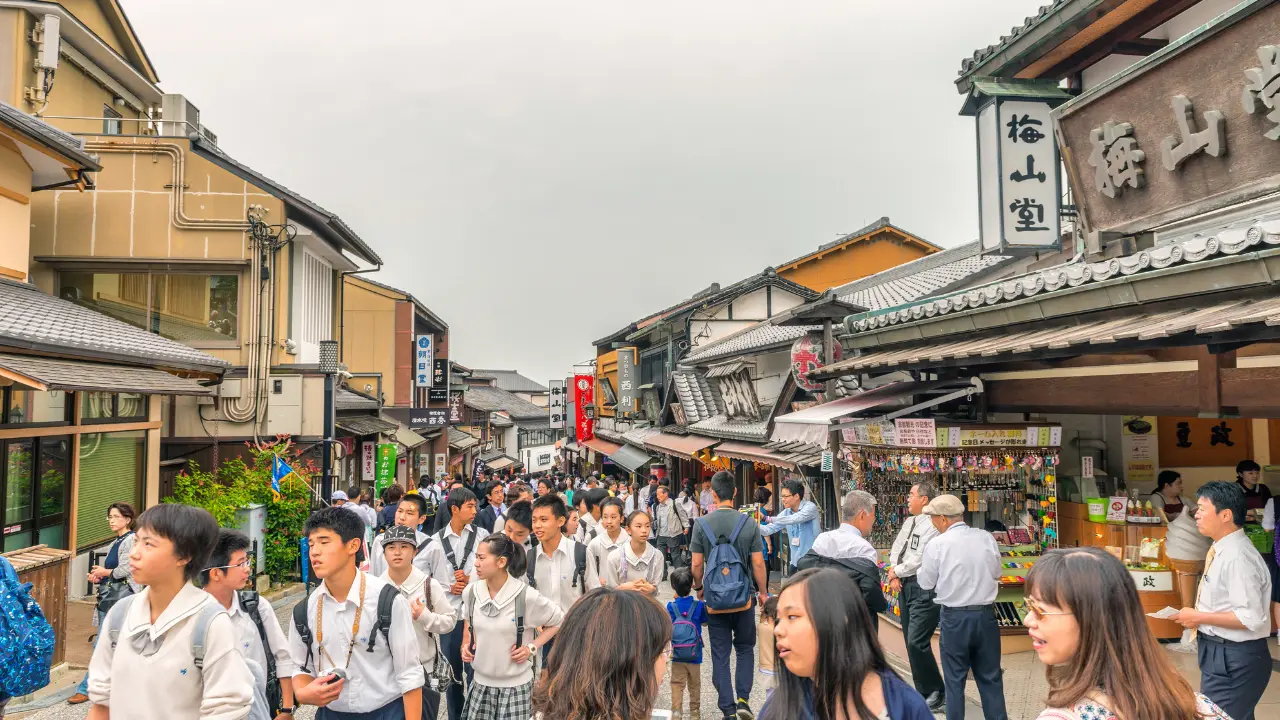
The significant increase in rates, particularly for luxury accommodations, is projected to dramatically boost the city’s finances.
City officials estimate that the lodging tax revenue will roughly double in the next fiscal year, growing from an estimated 5.91 billion yen in the current fiscal year to 12.6 billion yen. This additional funding is intended to be directed toward improving public services, enhancing transportation, and preserving Kyoto’s cultural assets.
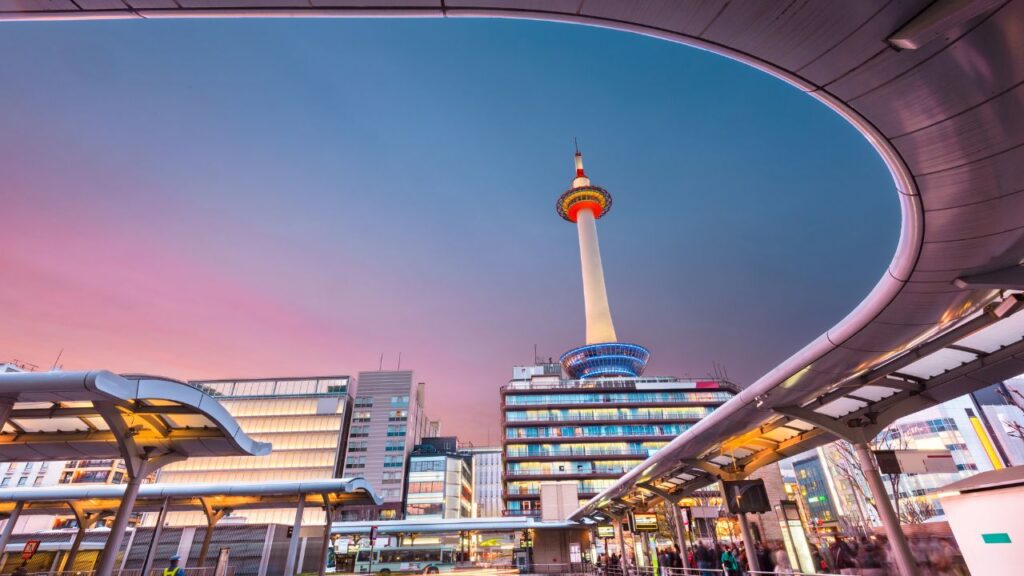
Kyoto is one of several municipalities across Japan, including Tokyo and Osaka, that have implemented a local accommodation tax, which they use to fund local initiatives and manage tourism’s impact.
In comparison to these other cities, the new maximum rate sets Kyoto apart, as the approval of the rates reflects the urgent need to address the challenges of overtourism in the culturally significant but infrastructure-strained city.
Source: Asahi Shimbun
This post may contain affiliate links, and Essential Japan may earn a commission if you purchase through them.

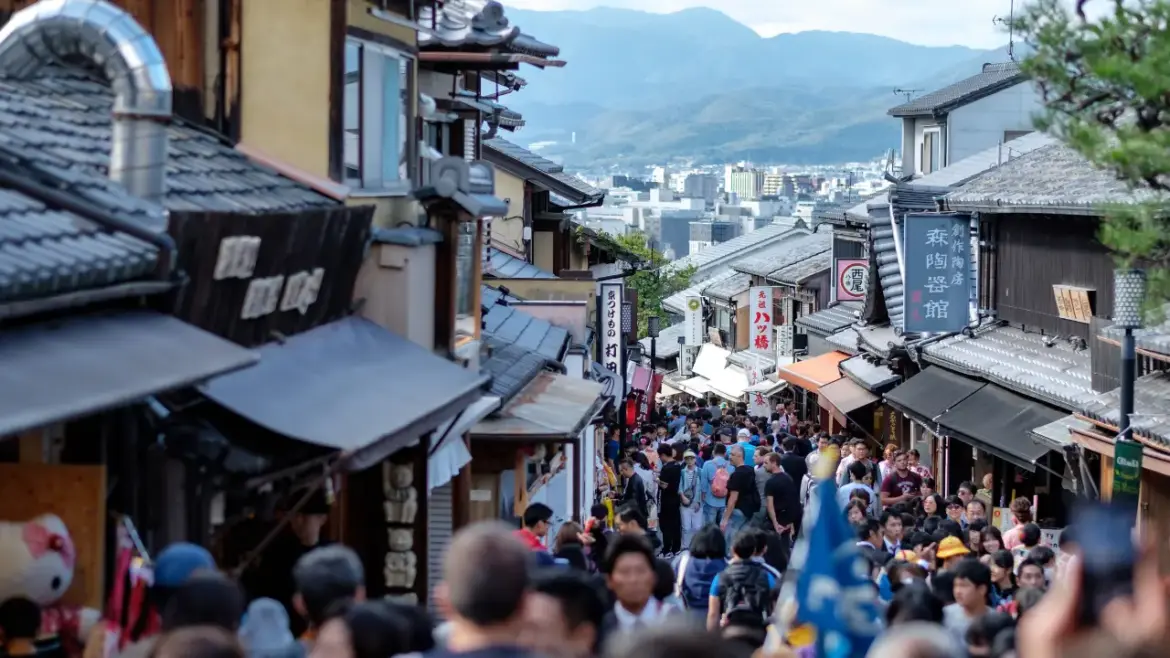
AloJapan.com